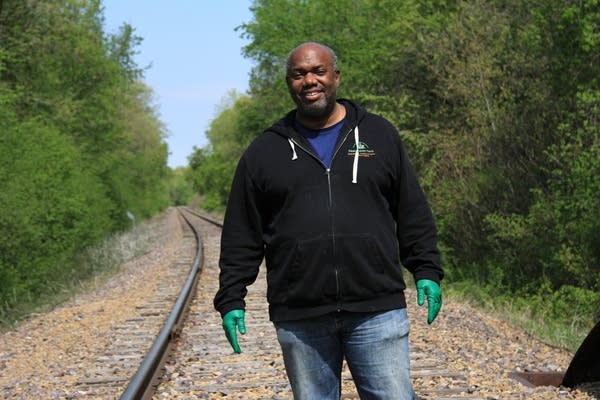Meditation coach, beekeeper, prosecutor: Meet the man who helped convict Derek Chauvin

Jerry Blackwell walks through the woods to nearby railroad tracks on his farm property in Jordan, Minn, on May 15, 2021. He became known as the prosecutor who opened the case against Derek Chauvin and then shut it.
Riham Feshir | MPR News
Go Deeper.
Create an account or log in to save stories.
Like this?
Thanks for liking this story! We have added it to a list of your favorite stories.


